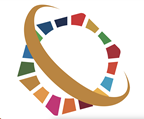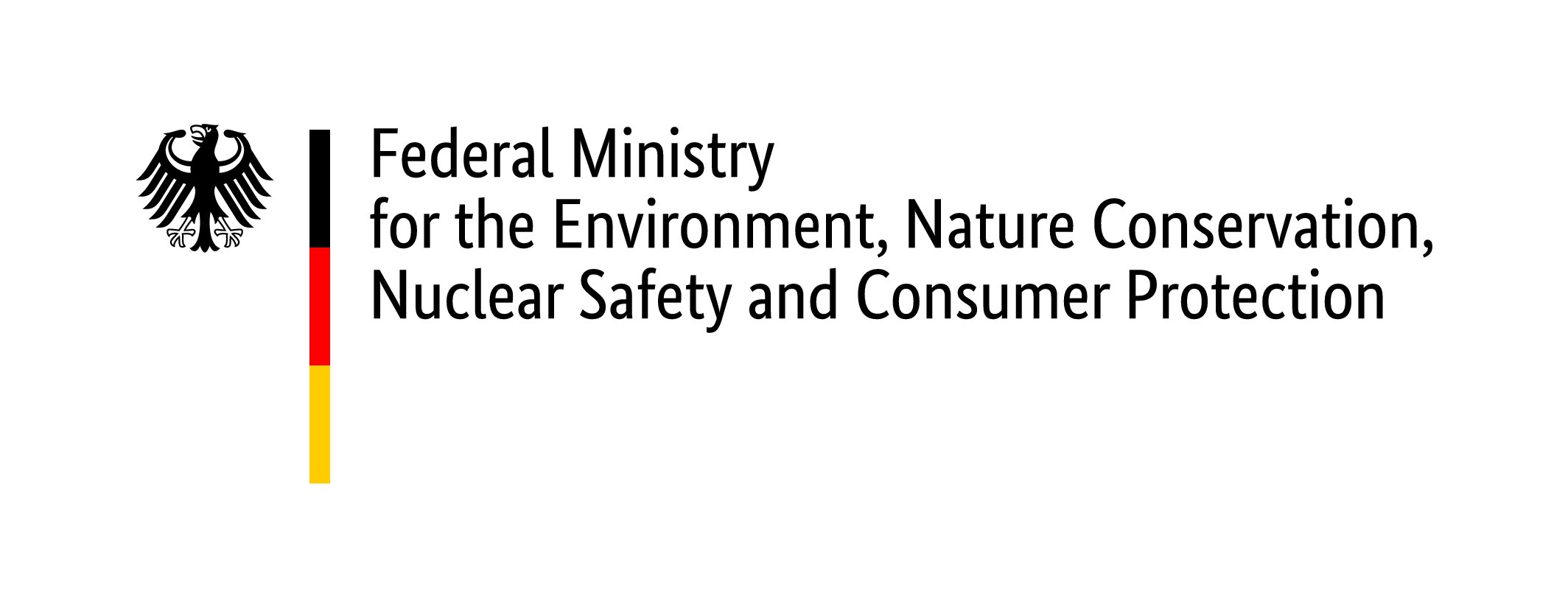
Berlin Forum on Chemicals and Sustainability
Overview
Pollution, including pollution caused by chemicals and waste, has become the third planetary crisis threatening our future, alongside climate change and biodiversity loss. As early as 2002, at the World Summit on Sustainable Development, chemical pollution and waste was declared a major global threat. In response, heads of state and government agreed to reach a world in which “chemicals are used and produced in ways that lead to the minimization of significant adverse effects on human health and the environment” by 2020 (WSSD 2002).
As an important follow-up to help achieve the 2020 Goal, the 1st International Conference on Chemicals Management (ICCM1), held in Dubai in 2006, adopted the multi-stakeholder and multi-sectoral Strategic Approach to International Chemicals Management (SAICM). Recognizing that the 2020 Goal would not be reached, ICCM4 in 2015 launched an intersessional process to negotiate a future agreement for SAICM and the sound management of chemicals and waste beyond 2020 at ICCM5. With Germany in the role as ICCM5 Presidency, this crucial negotiation process was finalised in 2023 in Bonn with adoption of the Global Framework on Chemicals– – For a Planet free of Harm from Chemicals and Waste (GFC). Chemicals and waste management is an issue of global scale requiring urgent action. Beyond the GFC, other UN conventions such as the Basel, Rotterdam and Stockholm Conventions, the Minamata Convention underscore this fact, as do ILO Chemicals Convention 170, the FAO/WHO International Code of Conduct on Pesticide Management and resolutions from the World Health Assembly. The importance of the issue is also reflected in current negotiations to establish a Science-Policy Panel on Chemicals, Waste and Pollution Prevention and a legally binding Plastics Agreement.
The GFC as a multi-stakeholder and multi-sectoral framework is a powerful platform for all actors to collaborate on achieving safe and sustainable chemicals and waste management. At its centre are five strategic objectives, addressing key areas of action to achieve the vision of a planet free of harm from chemicals and waste, for a safe, healthy and sustainable future, and associated targets, 28 in total, which establish time-bound, sector- and stakeholder-specific actions for implementation.
The Berlin Forum, initiated by the Federal Ministry for the Environment, Nature Conservation, Nuclear Safety and Consumer Protection of Germany (BMUV), was designed to provide momentum to high-level international dialogue on the urgent challenges and opportunities in relation to the sound management of chemicals and waste and their contribution to the 2030 Agenda for Sustainable Development and its Sustainable Development Goals (SDGs). The overall goal of the Forum is to foster knowledge-sharing and strengthen global multi-stakeholder collaboration and action to address the global pollution crisis by focusing on and fostering implementation of the Global Framework on Chemicals: For a Planet Free of Harm from Chemicals and Waste.
Previous Forums
 The 2nd Berlin Forum on Chemicals and Sustainability – Just Transition towards a Pollution- free Planet was held in September 2023 in the run-up to ICCM5. The Forum was opened by Steffi Lemke, German Minister for the Environment, followed by opening statements from Mark Brown, Prime Minister of the Cook Islands, Virginijus Sinkevičius, European Commissioner for the Environment, Oceans and Fisheries, and Svenja Schulze, German Minister for Economic Cooperation and Development. Setting the scene, Richard Damania, the World Bank’s Chief Economist of the Sustainable Development Practice Group gave a keynote speech about the cost of inaction on chemicals management. Over the course of two half-day segments, the 2nd Berlin Forum then focused on the contributions of the health, food, and labour sectors, and on the need for scientific, technical, social, economic, and financial innovations to overcome the pollution crisis and achieve just transition. A total of 53 high-level speakers from governments, international organisations such as UNDP, WHO, UNICEF, UN Women, FAO, WFP, UNITAR, UNIDO, ILO, WTO, civil society and the private sector contributed to the forum.
The 2nd Berlin Forum on Chemicals and Sustainability – Just Transition towards a Pollution- free Planet was held in September 2023 in the run-up to ICCM5. The Forum was opened by Steffi Lemke, German Minister for the Environment, followed by opening statements from Mark Brown, Prime Minister of the Cook Islands, Virginijus Sinkevičius, European Commissioner for the Environment, Oceans and Fisheries, and Svenja Schulze, German Minister for Economic Cooperation and Development. Setting the scene, Richard Damania, the World Bank’s Chief Economist of the Sustainable Development Practice Group gave a keynote speech about the cost of inaction on chemicals management. Over the course of two half-day segments, the 2nd Berlin Forum then focused on the contributions of the health, food, and labour sectors, and on the need for scientific, technical, social, economic, and financial innovations to overcome the pollution crisis and achieve just transition. A total of 53 high-level speakers from governments, international organisations such as UNDP, WHO, UNICEF, UN Women, FAO, WFP, UNITAR, UNIDO, ILO, WTO, civil society and the private sector contributed to the forum.
 The 1st Berlin Forum on Chemicals and Sustainability: Ambition and Action towards 2030 was held on 7-8 July 2021. Some fifty high-level speakers contributed to the Forum, including UN Secretary-General António Guterres, German Chancellor Angela Merkel, and Virginijus Sinkevičius, the EU Commissioner for Environment, Oceans and Fisheries, as well as ministers from many countries, executive heads of major intergovernmental organisations and leaders from the private sector and non-governmental organisations from all corners of the globe. Over 800 people from around the world registered for the livestreamed event. As host of the meeting, Germany was delighted by the level of interest and engagement.
The 1st Berlin Forum on Chemicals and Sustainability: Ambition and Action towards 2030 was held on 7-8 July 2021. Some fifty high-level speakers contributed to the Forum, including UN Secretary-General António Guterres, German Chancellor Angela Merkel, and Virginijus Sinkevičius, the EU Commissioner for Environment, Oceans and Fisheries, as well as ministers from many countries, executive heads of major intergovernmental organisations and leaders from the private sector and non-governmental organisations from all corners of the globe. Over 800 people from around the world registered for the livestreamed event. As host of the meeting, Germany was delighted by the level of interest and engagement.

